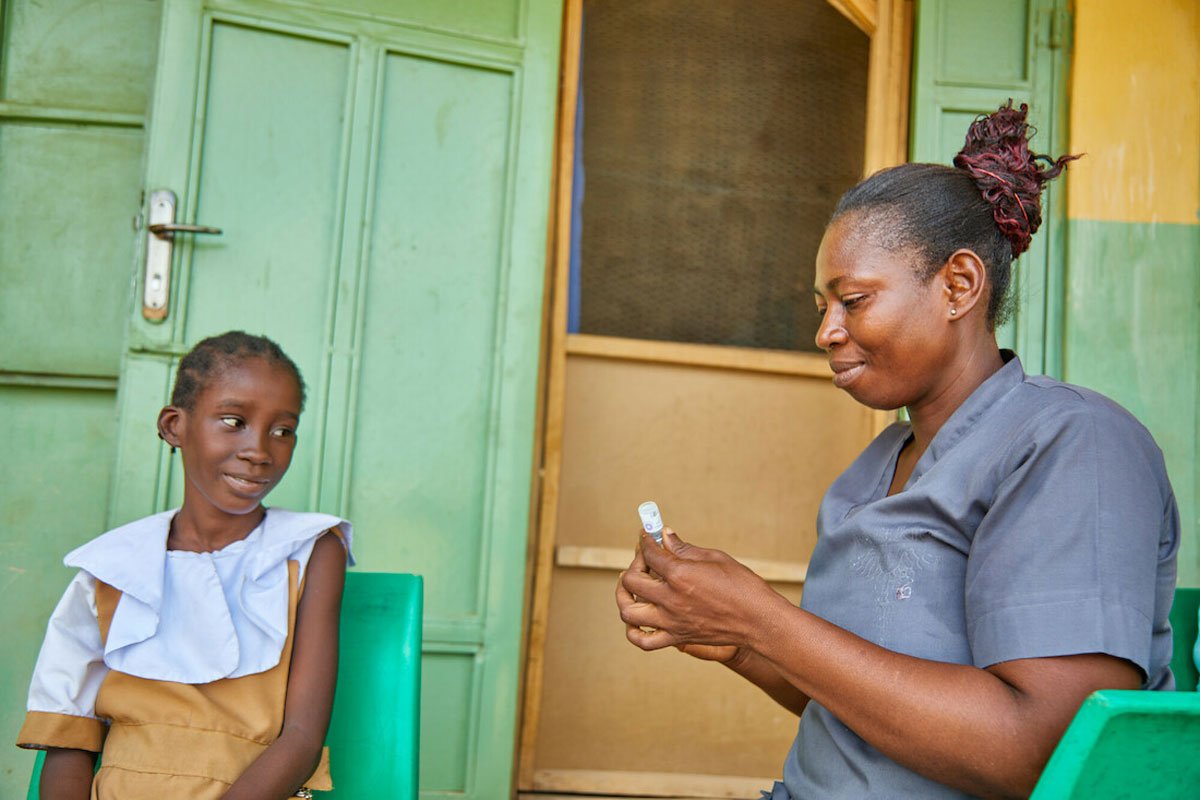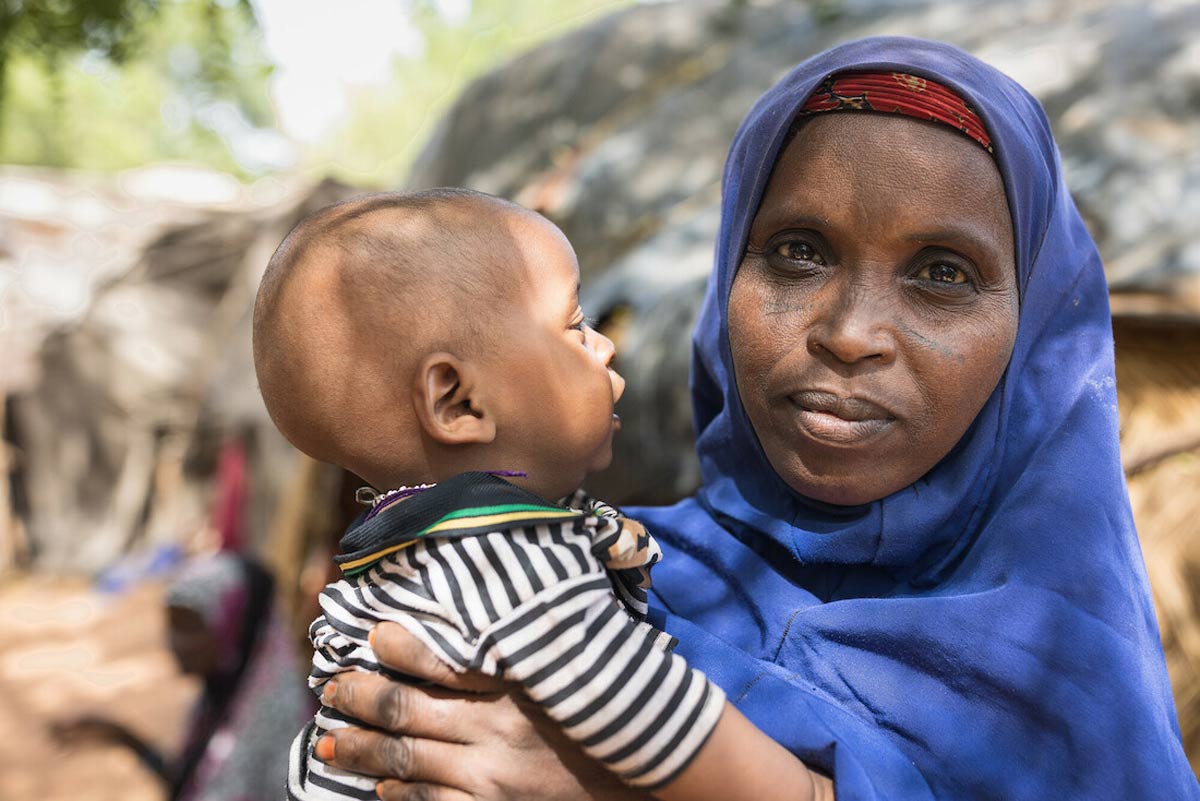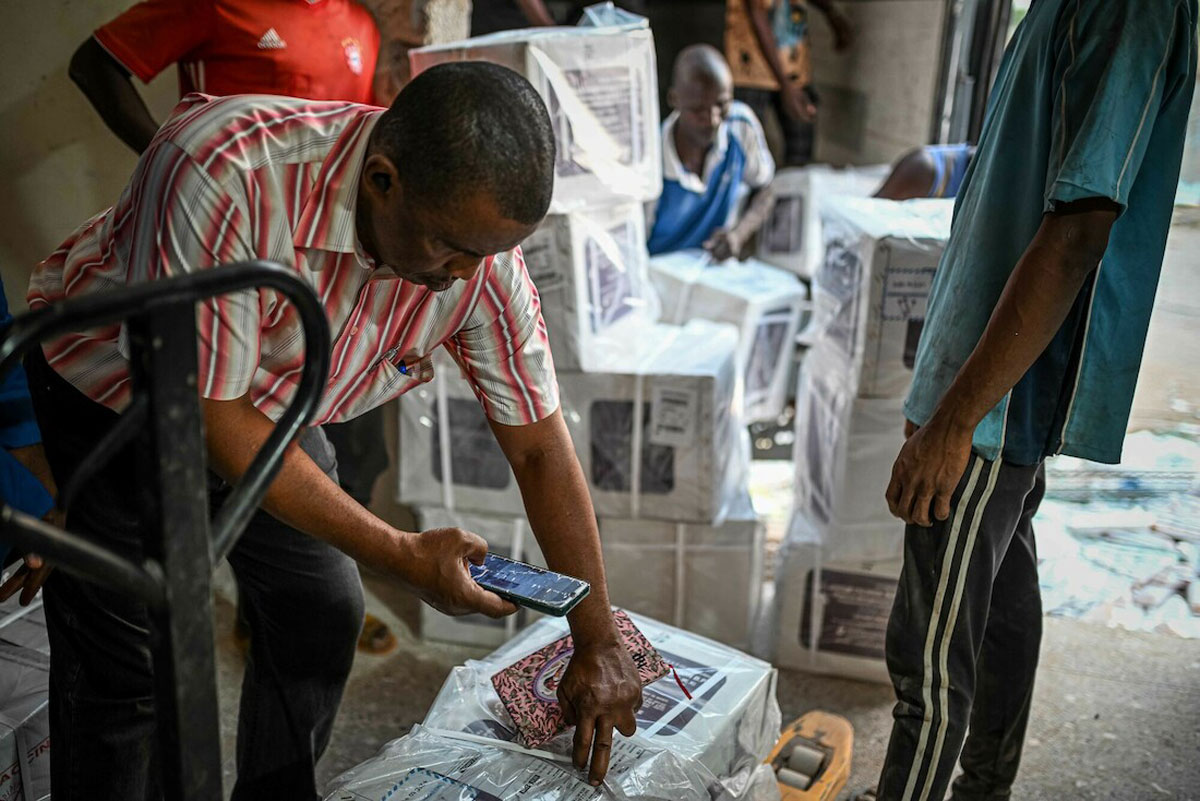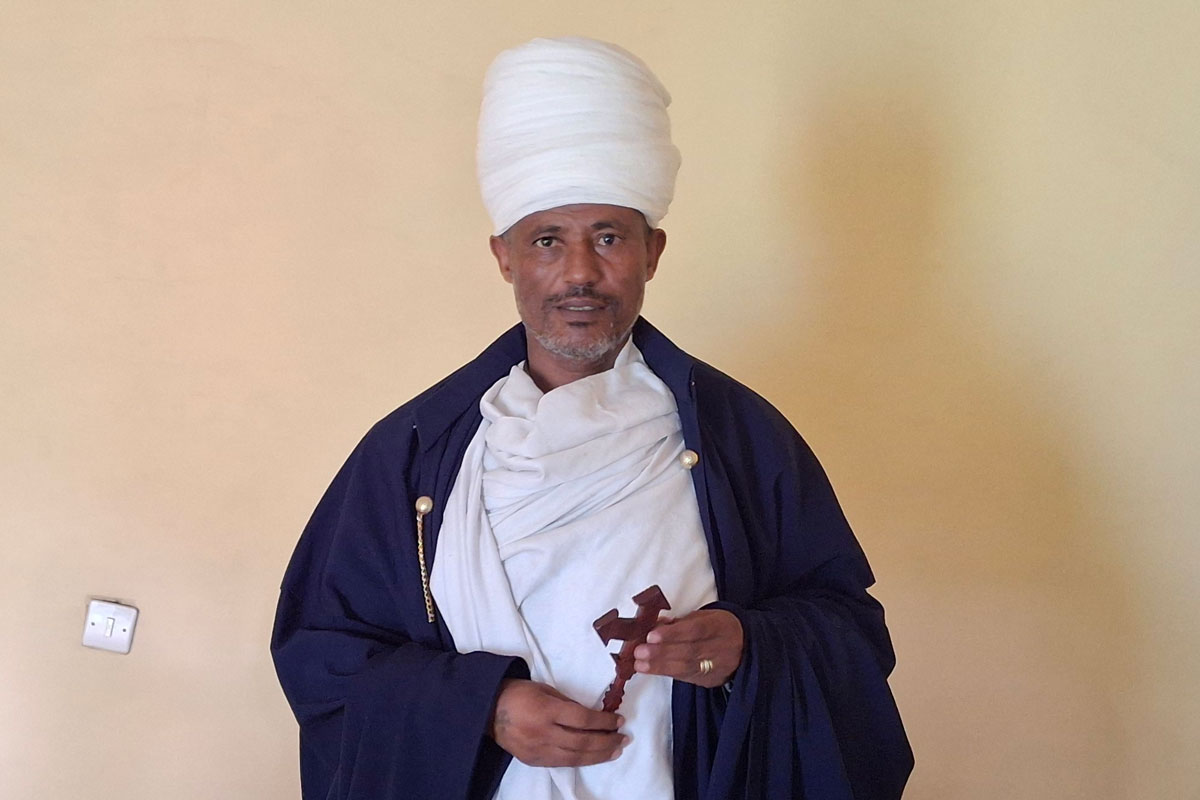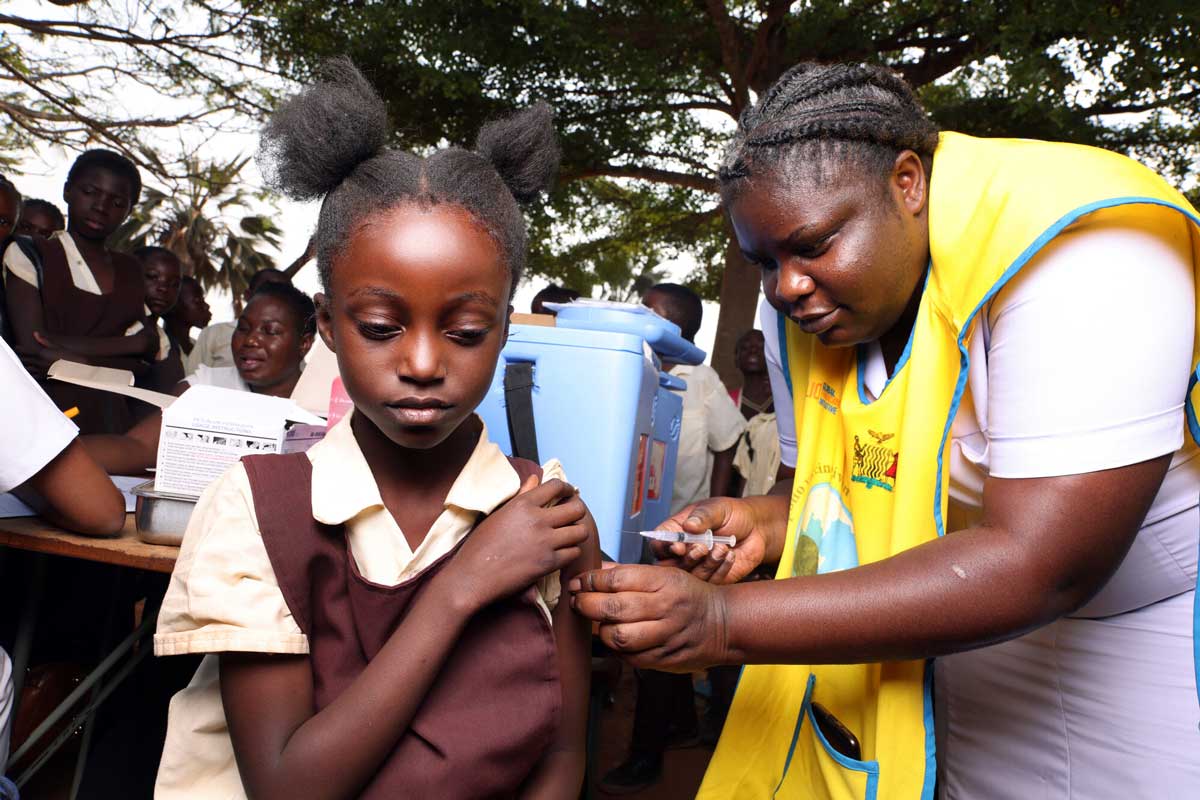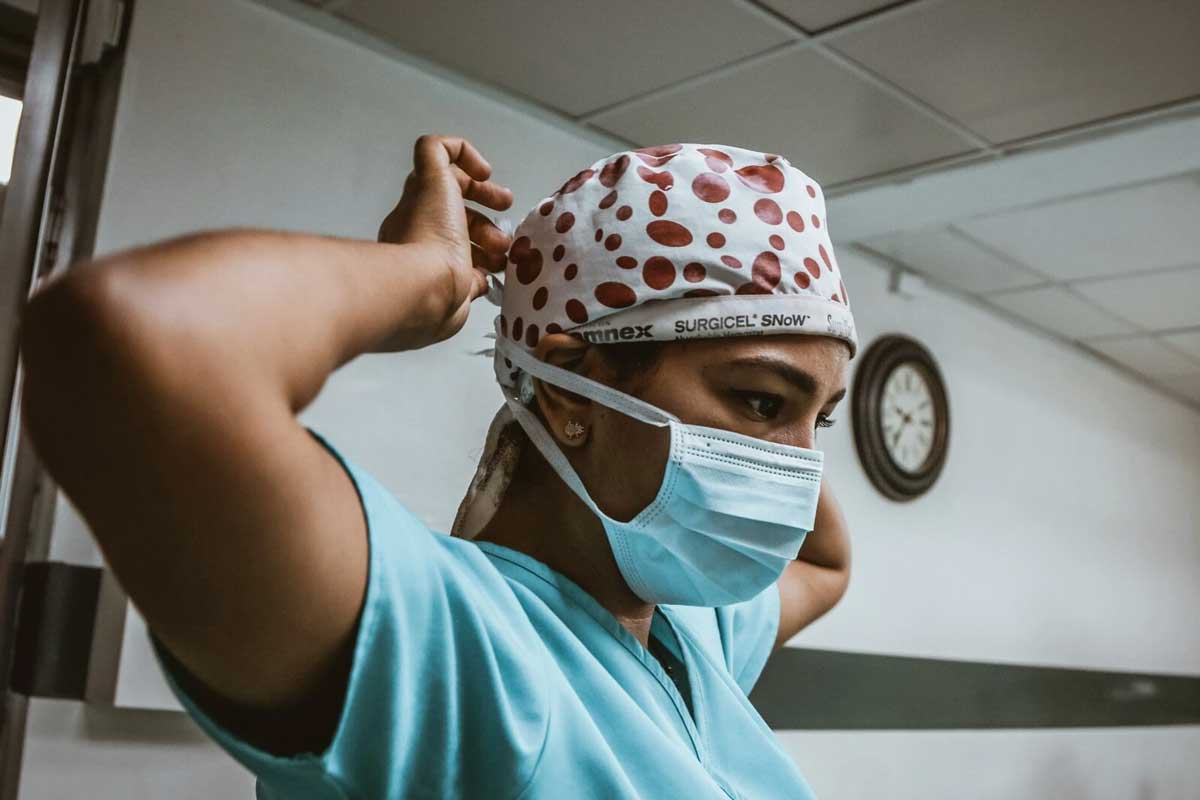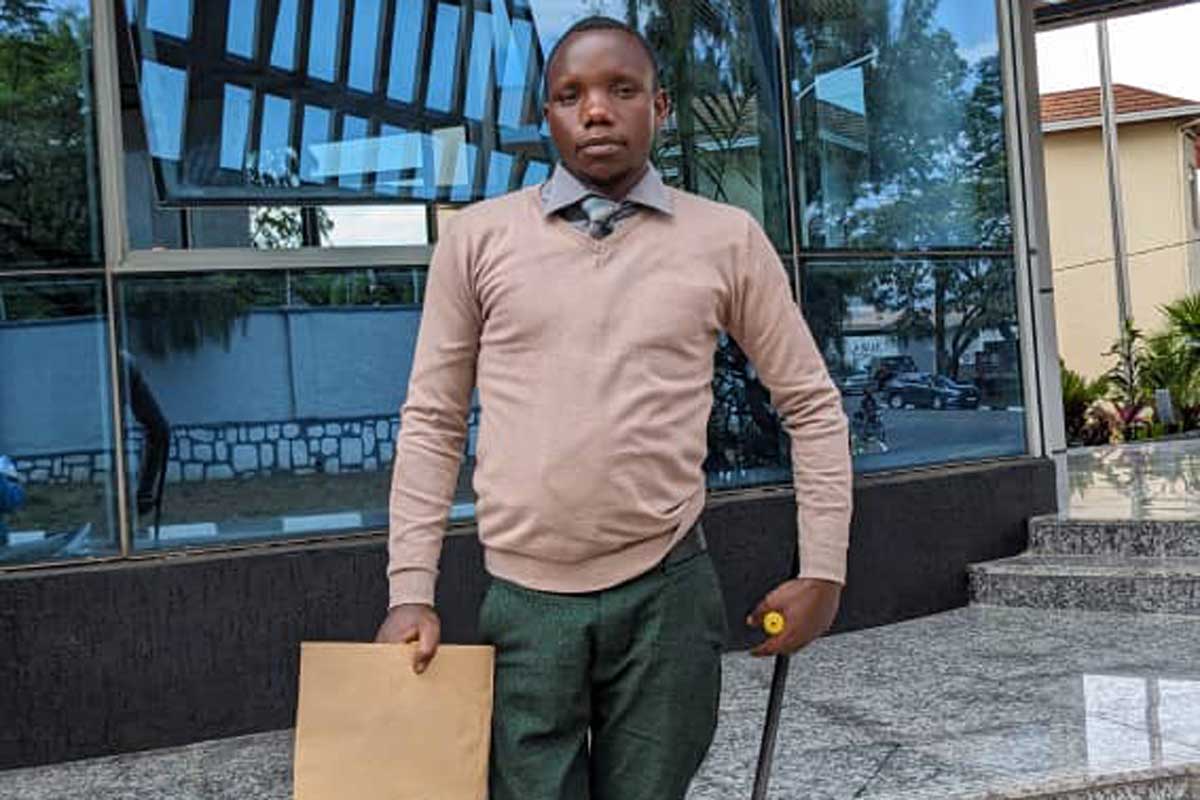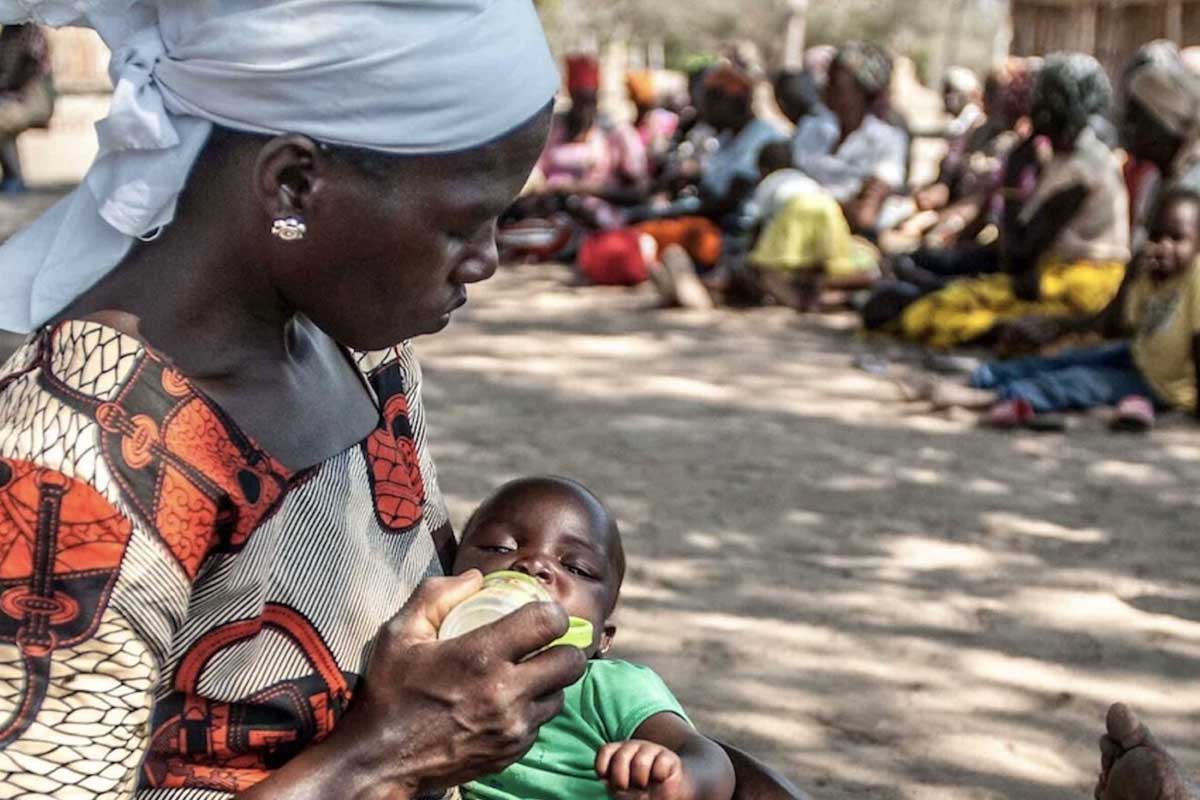What lies beneath: 'root cause analysis' sheds new light on immunisation barriers across Nigeria
What happens when you ask 600 health workers to ask themselves why, and why again, when they’re considering the challenges they face? The Nigeria Immunization Agenda 2030 Collaborative did just that.
- 9 August 2024
- 4 min read
- by Ian Jones , Charlotte Mbuh
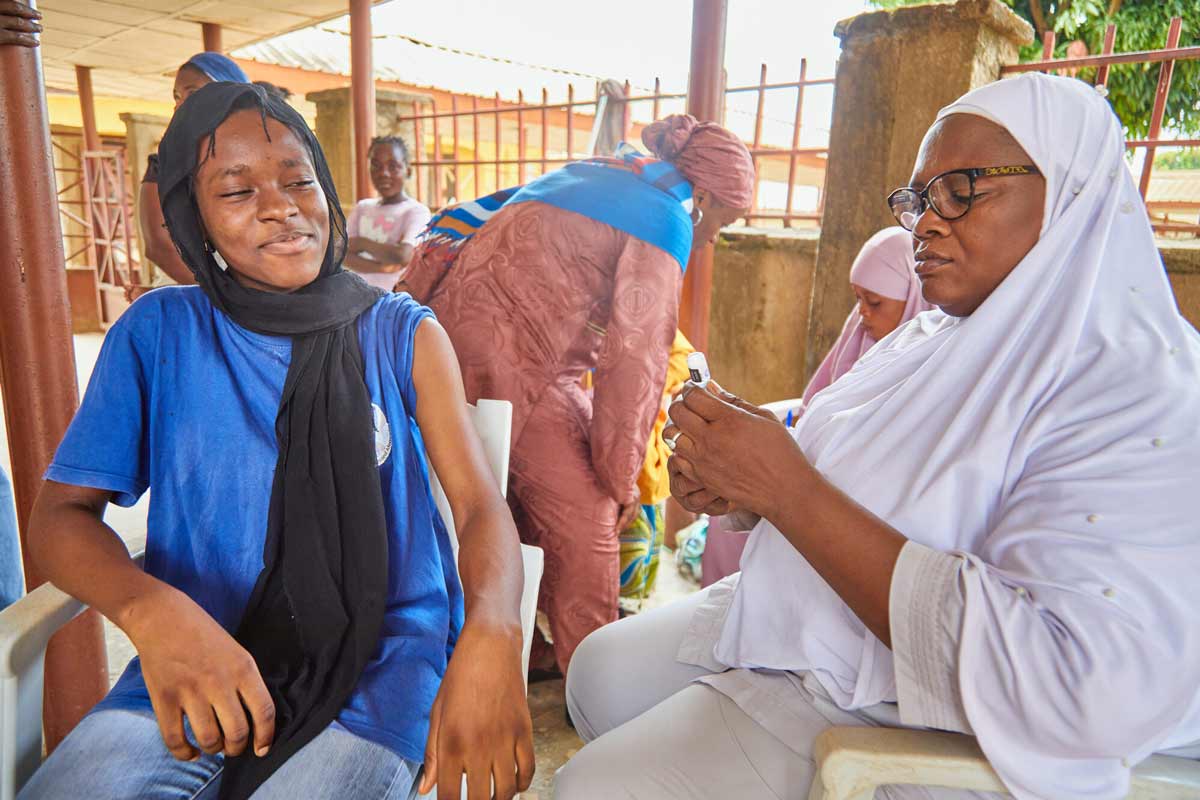
The Nigeria Immunization Agenda 2030 Collaborative was launched by UNICEF, the National Primary Health Care Development Agency (NPHCDA), and The Geneva Learning Foundation on 22 July 2024.
Three weeks later, the Collaborative has already connected – through many different online activities – over 4,000 health professionals from all 36 states and more than 300 Local Government Areas (LGAs) across Nigeria. The first peer learning exercise, which concluded on 6 August 2024, saw over 600 participants from government and civil society conduct root cause analyses of immunisation barriers in their communities.
Jenny Sequeira, a Nigeria immunisation specialist, explains:
“This exercise got health workers from thinking about general vague challenges, and sort of not really understanding how to do a ‘5 Whys’ root-cause analysis, and having very vague interventions, to a process where people were really excited about trying to figure out how better to dig under and under using the ‘5 Whys’ approach.”
From analysis to action
The root cause analysis exercise yielded insights for participants across various levels of the health system. Health workers were able to identify specific, local challenges and develop targeted strategies to address them.
John Emanuel, a community health worker from Bauchi State’s Tafal Bile Local Government Area, shared how the exercise broadened his perspective:
“During the root cause analysis, I was able to identify my challenge and then figure out what I can do about it, given my job here in the community. I discovered that there is high number of defaulters in the community. A child has taken the first dose, the second dose is missing. Most especially the measles. You discover that most children are missing it. And the number was skyrocketing.”
For some participants, the exercise revealed systemic issues that were hindering immunisation efforts. Maimuna Tata, deputy in-charge at a health facility in Bunkura local government area of Kano State, discovered that her facility’s recent establishment was at the root of its immunisation challenges:
“The root cause happens to be non-conduct of routine immunisation session because the facility is new… The health facility is newly built and was commissioned after the 2024 micro plan exercise, so missed several processes for provision of routine immunisation.”
Staffing issues emerged as a critical factor in some areas. Esther Sharma, a routine immunisation (RI) focal person working with NPHCDA in a local government area in Nasarawa State, found that low turnout for immunisation was directly linked to staff availability:
“I was able to realise that the reason why people turn out low for immunisation is because there are no health workers in the facilities to attend to them when they get here. I am the RI focal person where I currently work and when I went there newly, I asked a lot of people, why don’t they come to the hospital for immunisation? And they said when they come, they don’t find anybody to attend to them.”
Cultural and traditional beliefs also surfaced as significant barriers in some regions. Gloria Anya, immunisation technical lead for the primary health care in Rivers State, focused her analysis on these factors:
“I looked at the influence, negative influence of traditional and cultural beliefs on immunisation activities in River State, Nigeria. So aside other reasons, the religious and traditional norms and myths have been, seem to be a challenge in my community and in my state… So I try to bridge the knowledge gap between traditional and religious leaders, as well as caregivers, and then taking off that negative norms that they have.”
Next steps: implementation support
Following this initial root cause analysis exercise, the Collaborative is now poised to move into its next critical phase: implementation support. This stage will focus on turning the insights gained from the analysis into concrete actions to improve immunisation coverage.
Charlotte Mbuh, Deputy Director of The Geneva Learning Foundation, emphasised the importance of this next step:
“If we come back to you in three months, in six months, what would have changed? The answer to that question is going to be of much interest to us.”
The implementation support phase will require strengthened partnerships with UNICEF and Nigeria’s National Primary Health Care Development Agency (NPHCDA) to ensure that the momentum gained during the initial exercise translates into tangible improvements in immunisation services.
Learn more
- 7 take-aways from Nigeria’s first Immunization Collaborative peer learning exercise
- The Nigeria Immunization Collaborative: what happened after just two weeks?
- Apply to join the Collaborative
